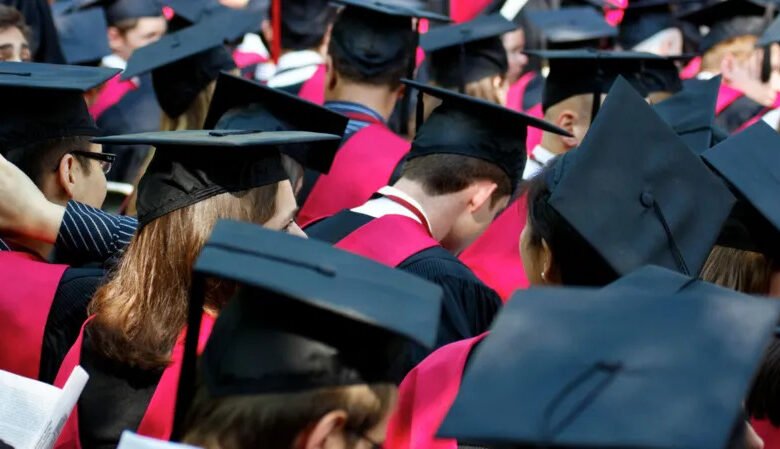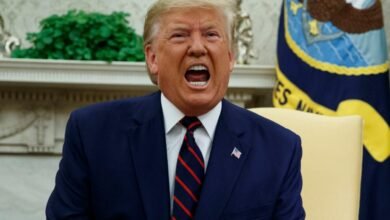U.S. Reopens Student Visa Processing Amid New Social Media Scrutiny

The United States has resumed student visa processing for international applicants, but under sweeping new surveillance measures that require foreign students to make their social media accounts public for review.
After a temporary pause in late May, the U.S. State Department has announced that it will resume scheduling visa appointments for F, M, and J visas, which cover academic students, vocational learners, and cultural exchange visitors, respectively. However, all applicants must now adjust the privacy settings on their social media profiles to “public” or risk having their visa denied.
Consular officers have been instructed to conduct “comprehensive and thorough vetting” of applicants’ digital presence, searching for any signs of “hostility toward the citizens, culture, government, institutions, or founding principles of the United States.” The guidelines also call for screening those who support or promote terrorism or who engage in “unlawful antisemitic harassment or violence.”
A cable obtained by Politico further reveals that this social media vetting directive aligns with similar internal guidance used by U.S. Citizenship and Immigration Services. Critics say it is part of a broader campaign that conflates opposition to U.S. foreign policy, particularly regarding Israel and the Gaza conflict, with threats to national security.
The policy reflects a wider crackdown by the Trump administration targeting elite universities, which President Trump has accused of being too left-wing and of failing to counter antisemitism on campus.
His administration has frozen federal funds to institutions like Harvard, attempted to block their ability to admit international students, and sought to revoke student visas for those seen as politically problematic, though many such actions have been challenged and blocked in court.
Rights groups have sharply criticized the new screening measures. Jameel Jaffer of the Knight First Amendment Institute at Columbia University warned, “This policy makes a censor of every consular officer, and it will inevitably chill legitimate political speech both inside and outside the United States.”
While the reopening of visa appointments offers relief for over a million international students worldwide, it now comes with a new cost: heightened digital scrutiny and a chilling of political expression.



